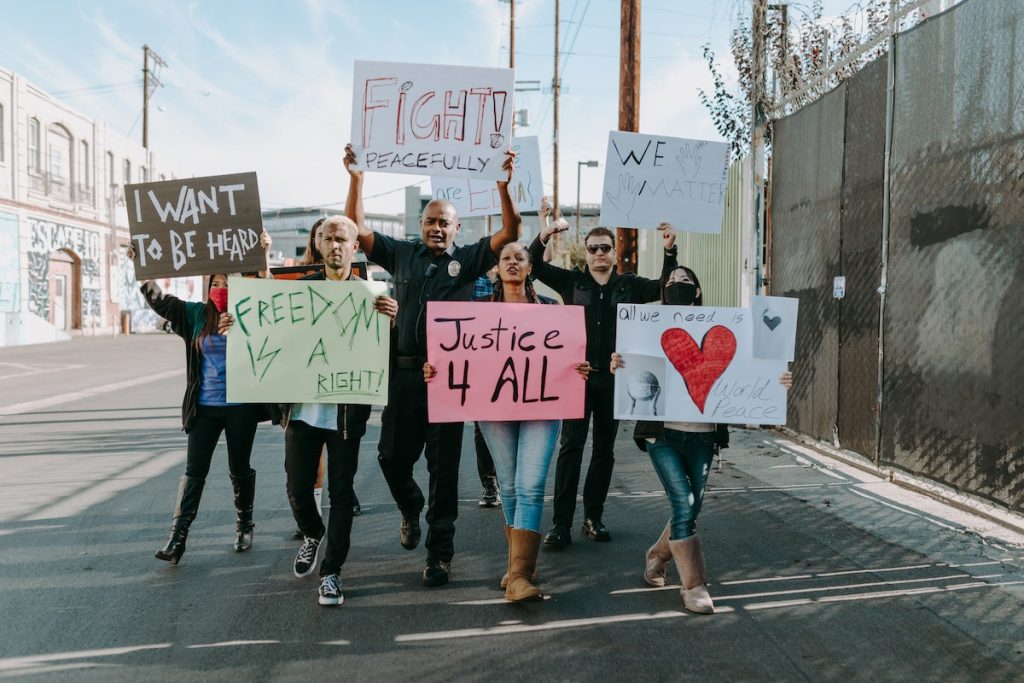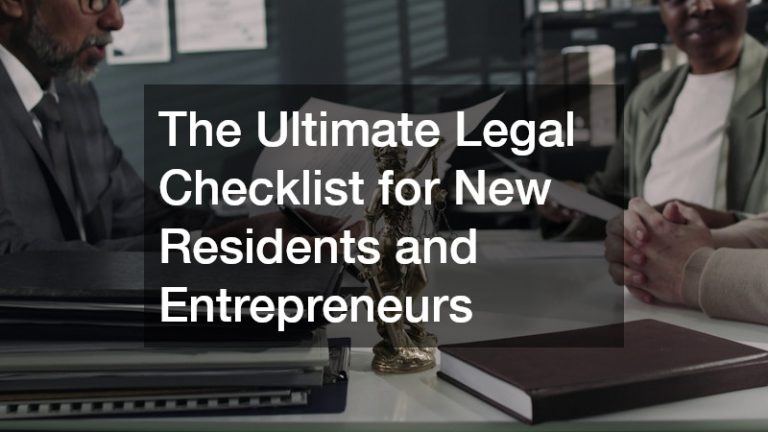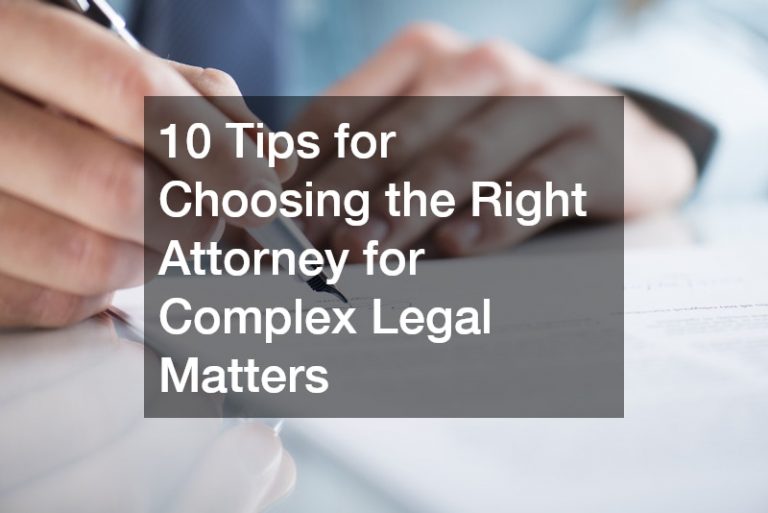- Everyone has fundamental legal rights, like freedom of speech, equality, right to privacy, and due process, which must be respected.
- Legal redress can be achieved by understanding your civil rights and consulting an experienced civil litigation lawyer.
- Protect yourself by educating yourself on federal and state laws and participating in advocacy/community efforts.
- Filing a complaint is the first step in the legal redress process, followed by an investigation and settlement talks.
- Seek support from the Department of Justice’s Civil Rights Division or non-profit organizations like the ACLU if a violation occurs.
Today’s world offers several advantages, including basic fundamental rights and freedoms that every individual should fully comprehend and enjoy. Unfortunately, some people do not entirely understand their fundamental rights, leading to unjust treatment in schools, workplaces, and other public areas.
As the American Constitution defines, civil rights pertain to every individual’s legal privileges, regardless of race, gender, religion, or nationality. Thus, it is essential to understand the various civil rights we have in place. From the right to vote to a fair trial in court, it is crucial to know these rights to seek legal redress when your rights are violated.
A lack of understanding of your civil rights can lead to legal troubles as an individual is unaware of their rights and thus can be falsely accused. A little knowledge of your civil rights can go a long way in preventing this from happening.
Knowing your rights is the first step to ensuring that your civil rights are respected and that you are not unjustly treated in any area of life.
Civil rights are an important component of modern society, and it is essential to understand what these rights entail. Civil rights are legal protections establishing fundamental rights to which every individual is entitled.
Key Civil Rights Issues
Critical civil rights issues that individuals face today are centered on discrimination based on race, gender, or social status. These issues contribute to unhealthy relationships in schools, workplaces, and public settings. In understanding these issues and fighting for justice, it is essential to comprehend your civil rights and how to petition the government for answers when these rights are being violated.
Freedom of Speech and Expression
Freedom of speech is one of every individual’s fundamental rights, including the right to express their opinions openly without fear of what others may think. By understanding freedom of speech and its significance, individuals can utilize this right to express themselves without fear and initiate positive change in society.
Equality and Anti-Discrimination Laws
Every individual should be treated equally in all aspects of life. Unfortunately, this is not the case in some parts of the world, and it is crucial to understand what anti-discrimination laws entail in the fight against discrimination.
By understanding these rights, individuals can drive an equitable society and advocate for justice for everyone, regardless of race, religion, gender, or social status.
Right to Privacy
Privacy constitutes the individual’s right to be free from any unauthorized intrusion or investigation of private life. This includes collecting and handling personal information and monitoring communications without legal justification.
It is crucial to recognize this aspect of civil rights as it can minimize cases of online harassment and infringement of personal privacy.
Due Process and Fair Treatment
Due process ensures that individuals receive a fair trial in court. It means individuals are treated without bias during any legal investigation that involves them.
They are subjected to a fair trial that involves timely notification, impartial judgment, and the ability to build a defense against any accusations or charges against them. Understanding this can help individuals seek legal redress when possible violations occur in due process.

Demystifying the Legal Redress Process
It would be best to take swift action when faced with a civil rights violation. However, the legal process can be complicated, and it is impractical. This is why seeking legal assistance is crucial when pursuing legal redress. Consulting with a civil litigation lawyer is one of the most efficient ways of receiving professional support and guidance.
Selecting the best legal representation can be overwhelming with hundreds of law firms. You want to ensure that you find a lawyer who is a good fit for your case, attentive to your needs, and experienced in civil rights litigation.
Ask family and friends for referrals, research online, schedule consultations, and inquire about their experience with civil rights cases.
Steps in the Legal Redress Process
You should know several steps in the legal redress process, from filing a complaint to appeals and post-trial options. You must understand these steps to know what to expect throughout the litigation process.
The first step in most litigation cases is filing a complaint. This is followed by an investigation and discovery process where the parties gather evidence and information.
After negotiation and settlement discussions about possible resolutions, you will proceed to litigation and trial if the matter cannot be resolved. In certain circumstances, the case may proceed to appeals and post-trial options.
Empowering Yourself: Knowing and Protecting Your Rights
To protect yourself, you need to know your rights. Familiarizing yourself with federal and state laws and understanding how they apply to your situation is essential. Being well-informed about your rights and what constitutes a violation of those rights can help you take timely and appropriate legal action.
Educating Yourself about Civil Rights
Education is vital to understanding your rights and the legal process. Plenty of online resources help you learn about civil rights laws and precedents. You can also attend legal clinics, training sessions, and workshops hosted by legal institutions or civic organizations.
Advocacy and Community Involvement
One effective way to protect civil rights is to get involved in advocacy and community efforts. You can join a civil rights organization or start a local chapter, or they may have events for which you can volunteer. Participating in rallies and marches or sharing your experiences on social media can raise awareness about civil rights violations.
Resources for Understanding and Exercising Your Rights
If you are a victim of civil rights violations or suspect a violation has occurred, resources are available to help. The Department of Justice has a Civil Rights Division that supports victims of civil rights violations. Additionally, non-profit organizations such as the American Civil Liberties Union (ACLU) provide legal assistance to those who need it.

Understanding civil rights is a vital aspect of modern life. Knowing your civil rights, you can stand up for yourself and every individual’s rights when violated. Civil rights issues, including freedom of speech and expression, equality and anti-discrimination laws, privacy, and fair treatment on due process, is central to a just and equitable society.
By understanding the legal process and available resources, individuals can take control of their situation and pursue justice. Knowing your civil rights is stepping towards justice, respect for diversity, and human dignity.







